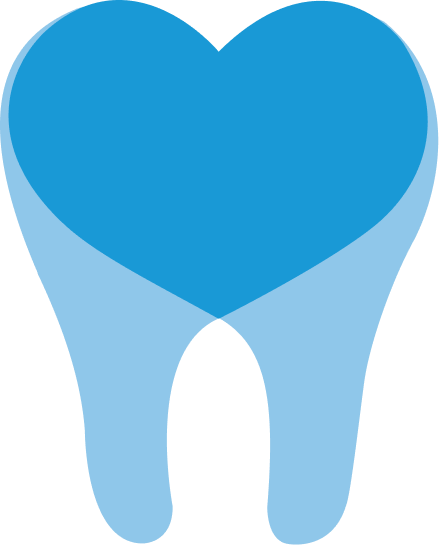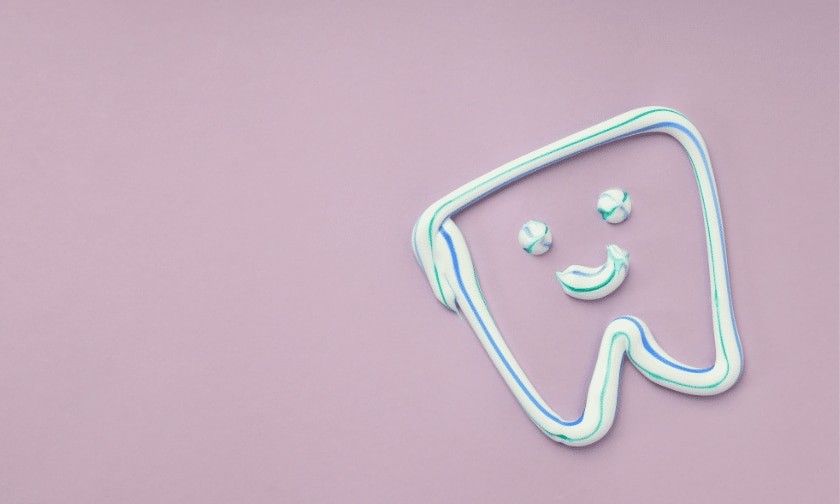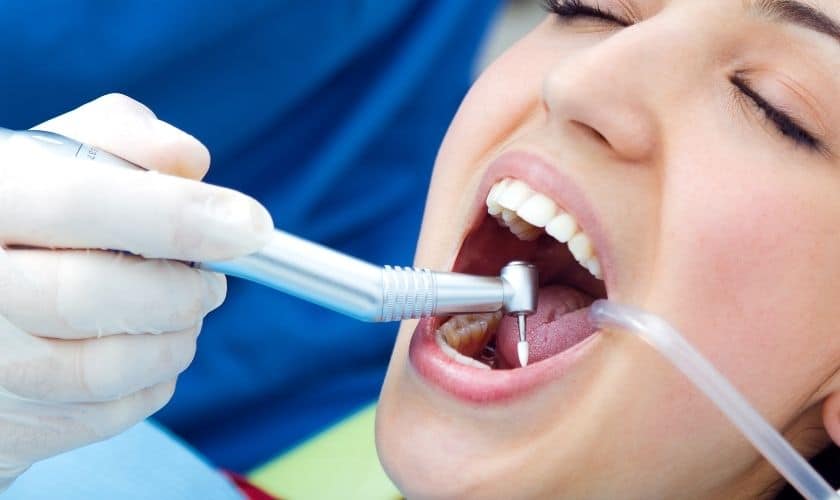Call: (630) 812-7929
5 Common Oral Care Mistakes You’re Making and How to Fix Them


Are you tired of dealing with bad breath, tooth decay, and other oral health issues despite brushing and flossing regularly? It’s possible that you’re making some common mistakes in your dental care routine without even realizing it. But don’t worry – our expert tips will help you identify and fix these errors, so you can have a healthier, happier smile. Check out our list of five common oral care mistakes below to get started!
Your oral care routine is important for keeping your mouth healthy, but you might be making some common mistakes that can lead to problems like tooth decay or gum disease. Here are some of the most common oral care mistakes and how to fix them:
1. You’re not brushing long enough – Brushing your teeth for two minutes twice a day is the minimum recommended time for adequate oral care, but many people don’t brush for this long. Make sure you’re taking the time to thoroughly brush your teeth, paying special attention to the areas where plaque tends to build up.
2. You’re not flossing regularly – Flossing helps remove plaque and food particles from areas between your teeth that your toothbrush can’t reach. Aim to floss at least once a day, preferably before bedtime so that you remove any food particles that have been stuck in your teeth all day long.
3. You’re using the wrong toothbrush – A soft-bristled toothbrush is best for gentle cleaning of your teeth and gums. Harder bristles can damage your gums and cause irritation. Electric toothbrushes can also be a good option, as they can help you ensure that you’re brushing properly and for the recommended amount of time.
4. You’re using too much pressure when brushing – Many people brush their teeth too hard, thinking that it will make their teeth cleaner. However, this can actually damage your gums and tooth enamel
Common Mistakes in Oral Care
1. Not Brushing for Two Minutes: The average person only brushes for 45-70 seconds, falling short of the two minutes dentists recommend. Brushing for two minutes twice a day is essential to remove plaque and bacteria that cause gum disease and tooth decay. Use an egg timer or play your favorite song to make sure you brush for the full two minutes.
2. Skipping Flossing: Only brushing leaves 40% of dental plaque behind, so it’s important to floss daily as well. Plaque that isn’t removed can harden into tartar, which leads to gum disease.
3. Using the Wrong Toothbrush: A soft-bristled toothbrush is best for removing plaque without damaging your gums. Hard bristles can be too abrasive and damage your gums, teeth, and tooth enamel. Look for a toothbrush with the American Dental Association (ADA) Seal of Approval to be sure it meets ADA standards for safety and effectiveness.
4. Not Replacing Your Toothbrush: You should replace your toothbrush every three to four months, or sooner if the bristles are frayed. A worn-out toothbrush won’t clean your teeth as effectively and can even contribute to gum disease and cavities.
5. Overusing Teeth Whiteners: Teeth whiteners are safe when used as directed, but overuse can damage your teeth and gums.
Proper Brushing and Flossing Techniques
One of the most common oral care mistakes is not brushing and flossing properly. Many people do not realize that there is a right way and a wrong way to brush and floss their teeth. Here are some tips on how to properly brush and floss your teeth:
1. Use a soft-bristled toothbrush and gentle circular motions when brushing your teeth. Do not scrub your teeth harshly as this can damage the enamel.
2. Spit out the toothpaste after brushing, do not swallow it.
3. Floss at least once a day, preferably at night before bedtime. Use a gentle back-and-forth motion when flossing and be sure to avoid snapping the floss into your gums.
4. Rinse your mouth with water after brushing and flossing to remove any remaining debris.
Choosing the Right Toothbrush and Toothpaste
When it comes to oral care, one of the most important things you can do is choose the right toothbrush and toothpaste. There are a few things to keep in mind when making your selection:
1. Consider the type of bristles. There are three main types of bristles – soft, medium, and hard. Soft bristles are best for people with sensitive gums, while medium bristles are a good all-purpose option. Hard bristles should be avoided as they can damage gum tissue.
2. Look for a toothbrush with a small head. This will help you reach all areas of your mouth, including those hard-to-reach back teeth.
3. Choose a toothpaste that contains fluoride. Fluoride helps to prevent cavities and strengthens tooth enamel.
4. Avoid toothpaste that contains abrasive ingredients. These can damage tooth enamel over time and lead to sensitivity issues.
By following these simple tips, you can ensure that you’re using the best products for your oral health.

Food and Drink Choices That Can Affect Oral Health
1. Food and Drink Choices That Can Affect Oral Health
You are what you eat, and that includes your teeth and gums! Eating a balanced diet is vital for keeping your smile healthy. Here are some specific food and drink choices that can affect your oral health:
Sugary foods and drinks: Too much sugar can damage your teeth, causing cavities. It’s important to limit sugary snacks and choose water or milk instead of sugary drinks.
Acidic foods and drinks: Acidic foods can wear away the enamel on your teeth, making them more susceptible to decay. Be sure to brush soon after eating or drinking anything acidic.
Coffee, tea, and red wine: These beverages can cause staining on your teeth. If you can’t give them up entirely, be sure to brush them afterward.
Chewing tobacco: Chewing tobacco products can cause gum disease and other serious oral health problems. If you use tobacco, it’s important to quit as soon as possible.
Scheduling Regular Dental Checkups
It’s important to schedule regular dental checkups in order to maintain good oral health. However, many people make the mistake of skipping these appointments or only going once a year. This can lead to serious problems down the line, so it’s important to be proactive about your oral health.
Here are some tips for scheduling regular dental checkups:
1. Schedule an appointment every six months. This will help ensure that you catch any problems early on and keep your teeth healthy.
2. If you have a history of dental problems, you may need to see the dentist more often. Talk to your dentist about how often you should schedule appointments.
3. Don’t wait until you have a problem to see the dentist. Many dental problems can be prevented with regular checkups. So don’t wait until you have a toothache to make an appointment!
4. Be sure to see a dentist who is right for you. Find someone who you feel comfortable with and who has experience treating patients like you.
Conclusion
Oral care is an important part of your overall health, and it’s essential that you stay on top of it. By avoiding these common mistakes when caring for your teeth and gums, you can ensure that you maintain healthy oral hygiene and avoid any dental issues in the future. With a few simple changes to your daily routine, you can make sure that your mouth remains healthy and strong for years to come!
A: Some common oral care mistakes include not brushing or flossing regularly, using the wrong toothbrush or toothpaste, and not visiting the dentist for regular checkups and cleanings.
A: You can avoid making these mistakes by brushing and flossing twice a day, using the correct toothbrush and toothpaste for your needs, and visiting the dentist every six months for a checkup and cleaning.




